Open water swimming in the UK
Swimming in open water is a risky business. In the sea, there are tides to think about. In rivers, you need to be careful of the current. Take a dip in a lake and you never know the depth – watch out for the temperature too, lakes can be bitterly cold. But given the right safety precautions and equipment, open water swimming has some fabulous benefits.
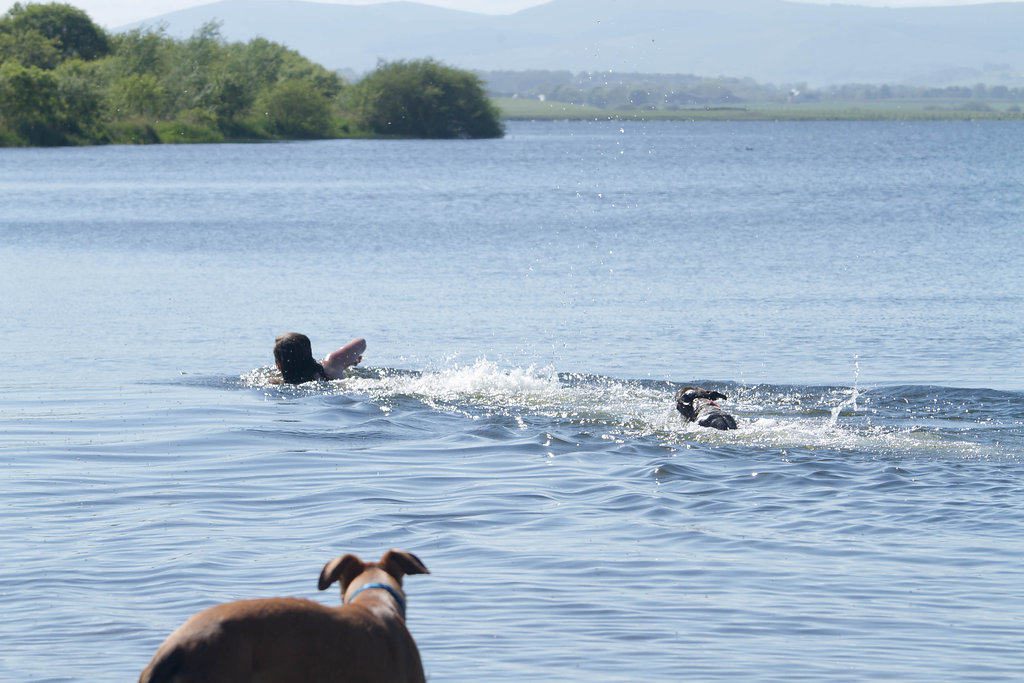
Why open water swimming?
As a child, I used to swim – a lot. For many hours each week, I’d plough up and down the pool and we’d race at weekends. But competitive swimming is a young person’s sport. By the time I went to university, I’d had enough. Over the years I drifted in and out of different sports. Open water swimming, water polo and triathlon.
I never swam outdoors competitively, but that didn’t mean it wasn’t a challenge. I took part in organised events, once swimming from the Isle of Wight back to the mainland across the Solent. On another occasion, I swam 10K in the River Dart. If you’ve ever done a 10K run, you’ll know it’s not a particularly challenging distance. But when you’re swimming, it’s a whole different ball game.
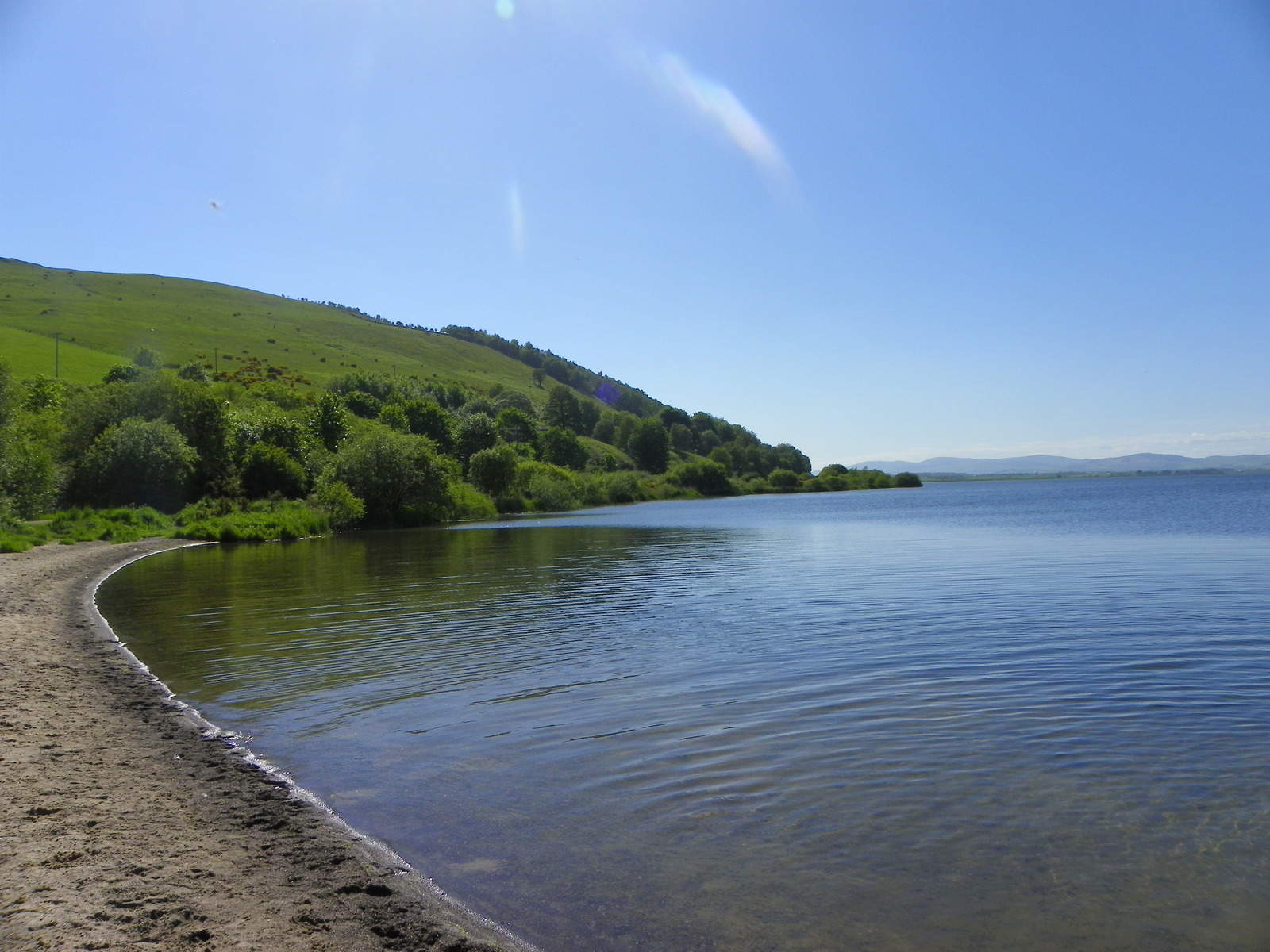
The sense of achievement when you complete an event like that is incredible. And what’s more, you’re submersed in nature throughout the experience. There’s nothing quite like it for getting in touch with your environment. And I want my children to experience all this, and not be afraid of getting into open water in a safe and controlled manner.
When they’re older, I want them to be able to get into snorkelling and scuba diving too. There’s nothing quite like snorkelling above a colourful shoal of fish, or coming face to face with a reef shark when scuba diving.
What equipment do you need?
There is some debate around this in the open water swimming community, but I personally believe a wetsuit is a must, at least when you first start. If you’re not keen on being totally covered up, a shorty wetsuit is a good compromise.
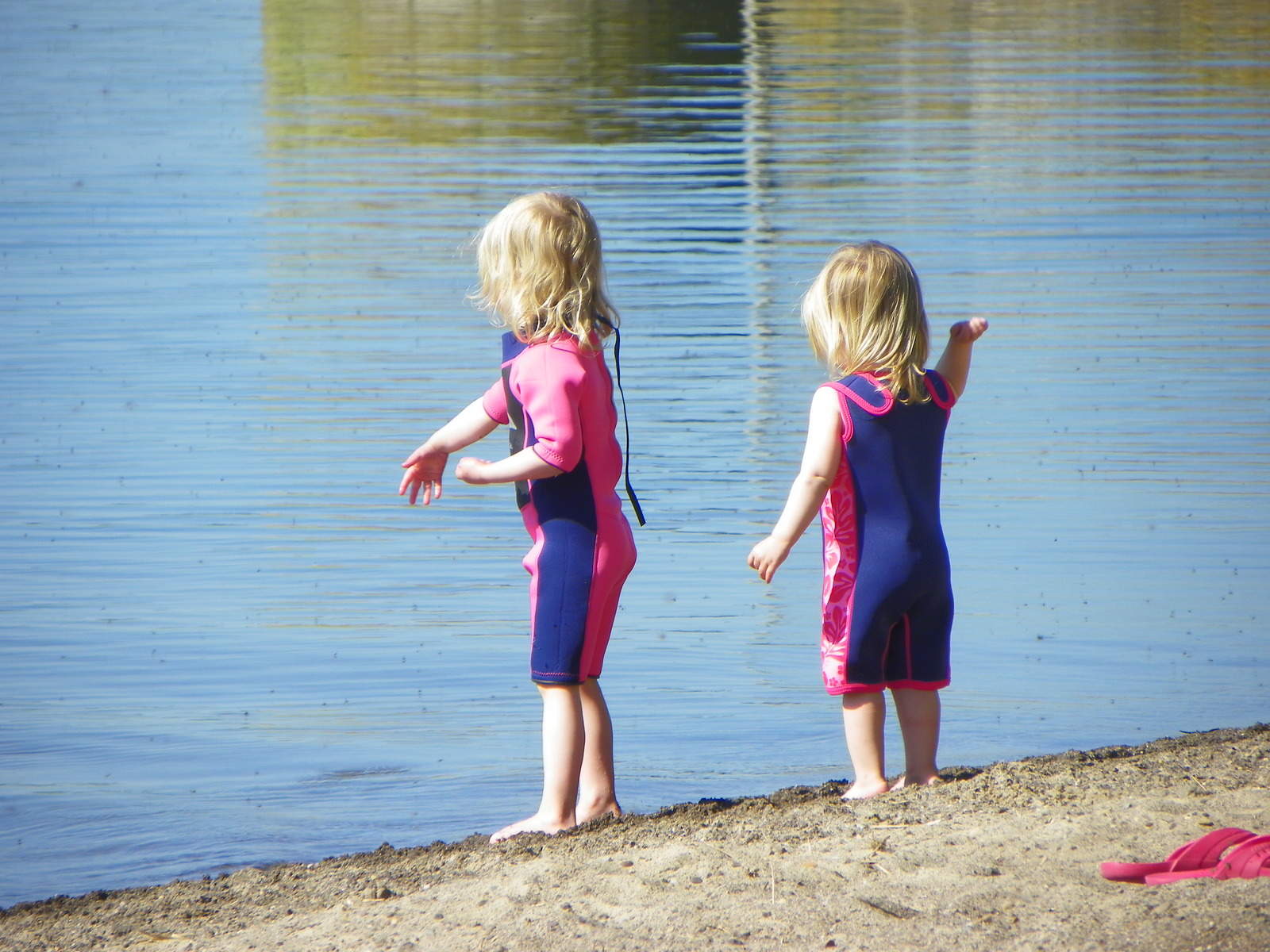
Swimming goggles are quite important in open water. They stop any water or dirt from getting into your eyes, as well as helping you to see where you’re going. If you’re snorkelling or swimming in particularly clear water, swimming goggles allow you see all the amazing things that are around you.
I would also recommend wearing a swimming hat, particularly in cold water. I believe it’s a myth that you lose 40% of heat from your head, but it’s still a fairly high percentage if your head isn’t covered. For scuba diving and snorkelling you’ll probably want fins too. Simply scuba have a great selection of equipment.
Safety precautions
This is the important bit. Firstly, never get into open water unless you know it is safe. In the sea, only swim in life-guarded areas or organised events. This is particularly pertinent if you are with children or weak swimmers.
It’s never advisable to swim alone, even if you are a strong swimmer. Anybody can end up with cramp or have an accident. When you are alone, there will be nobody to help you if you get into difficulty.
To find great outdoor swim spots in the UK, head over to the wild swim map of Britain. For more information on scuba diving, head to the BSAC website.
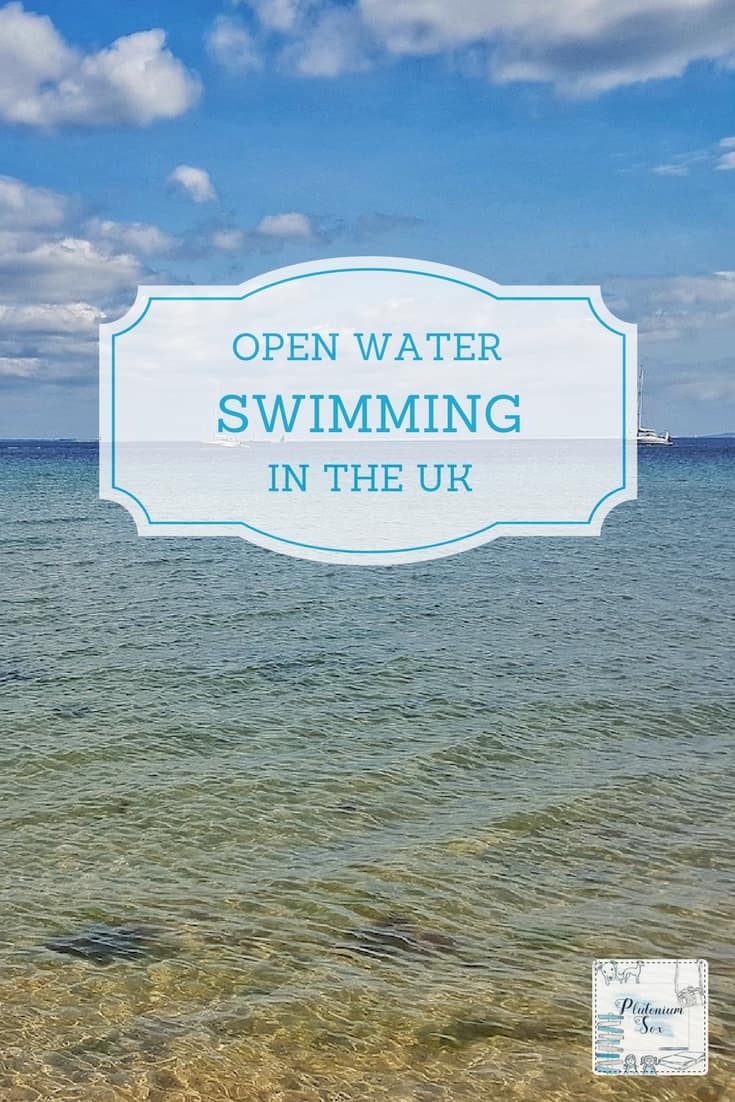




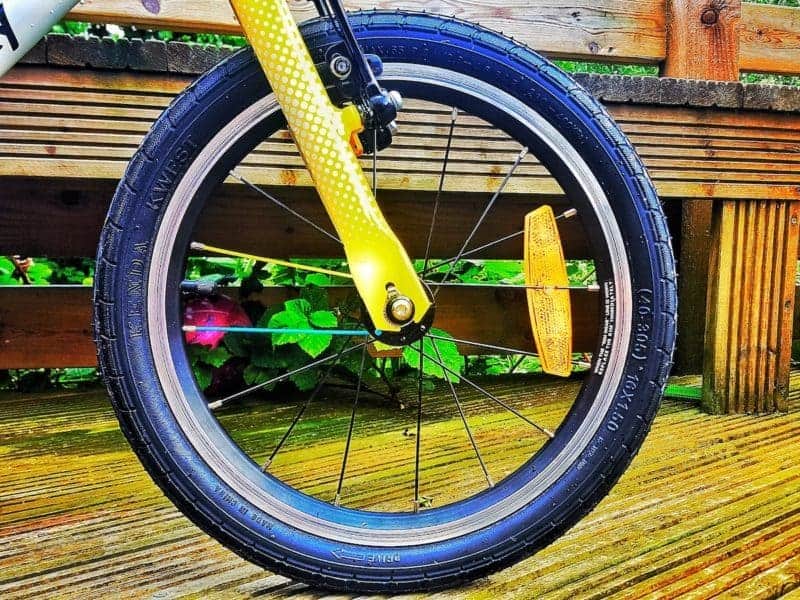

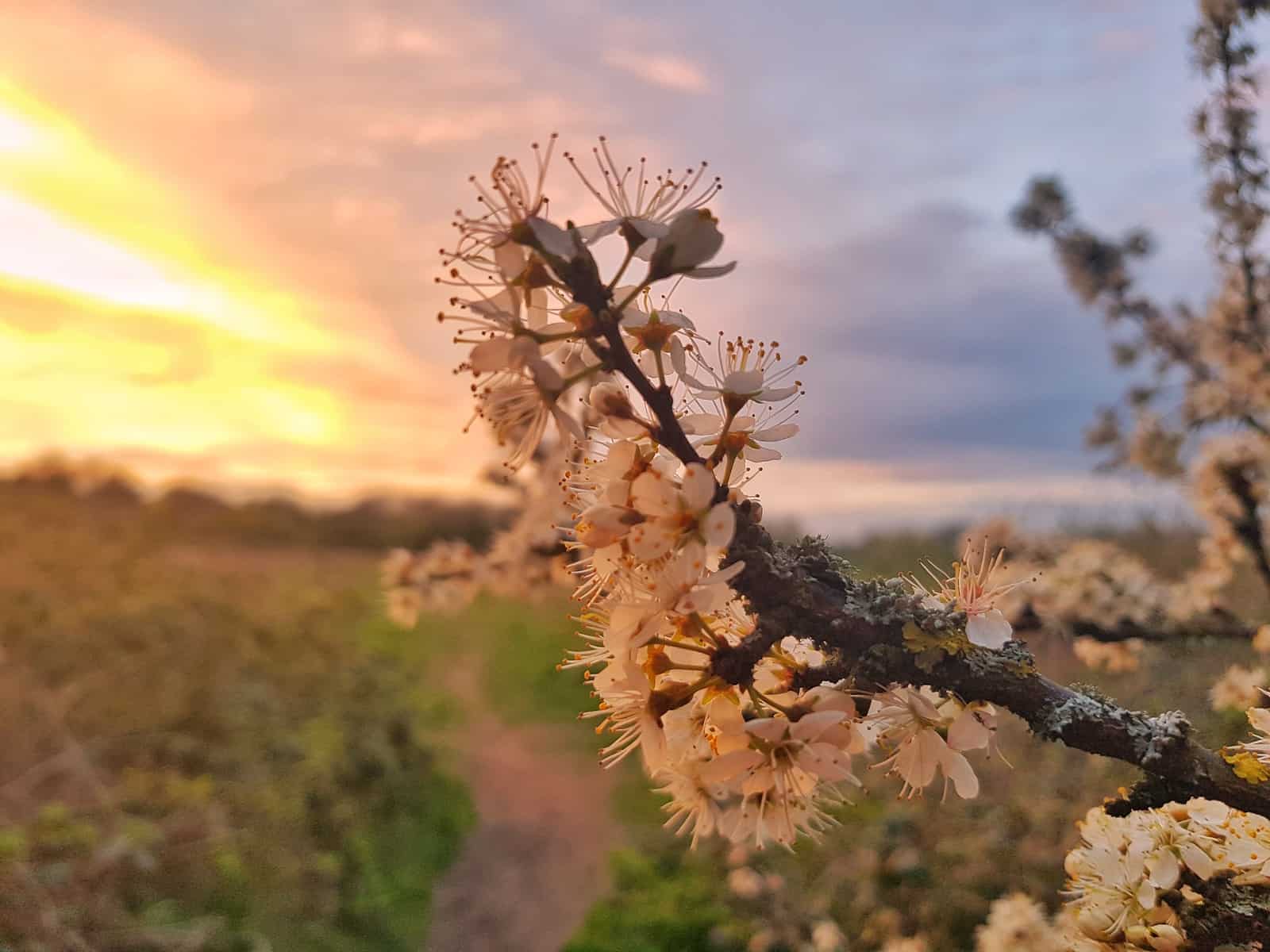
You’re so brave to go out in open water. I love to swim and my mission this year is to get back to doing some snorkelling and take Alice with me.
Aww lovely, what a great thing for you and Alice to do together.
Nat.x